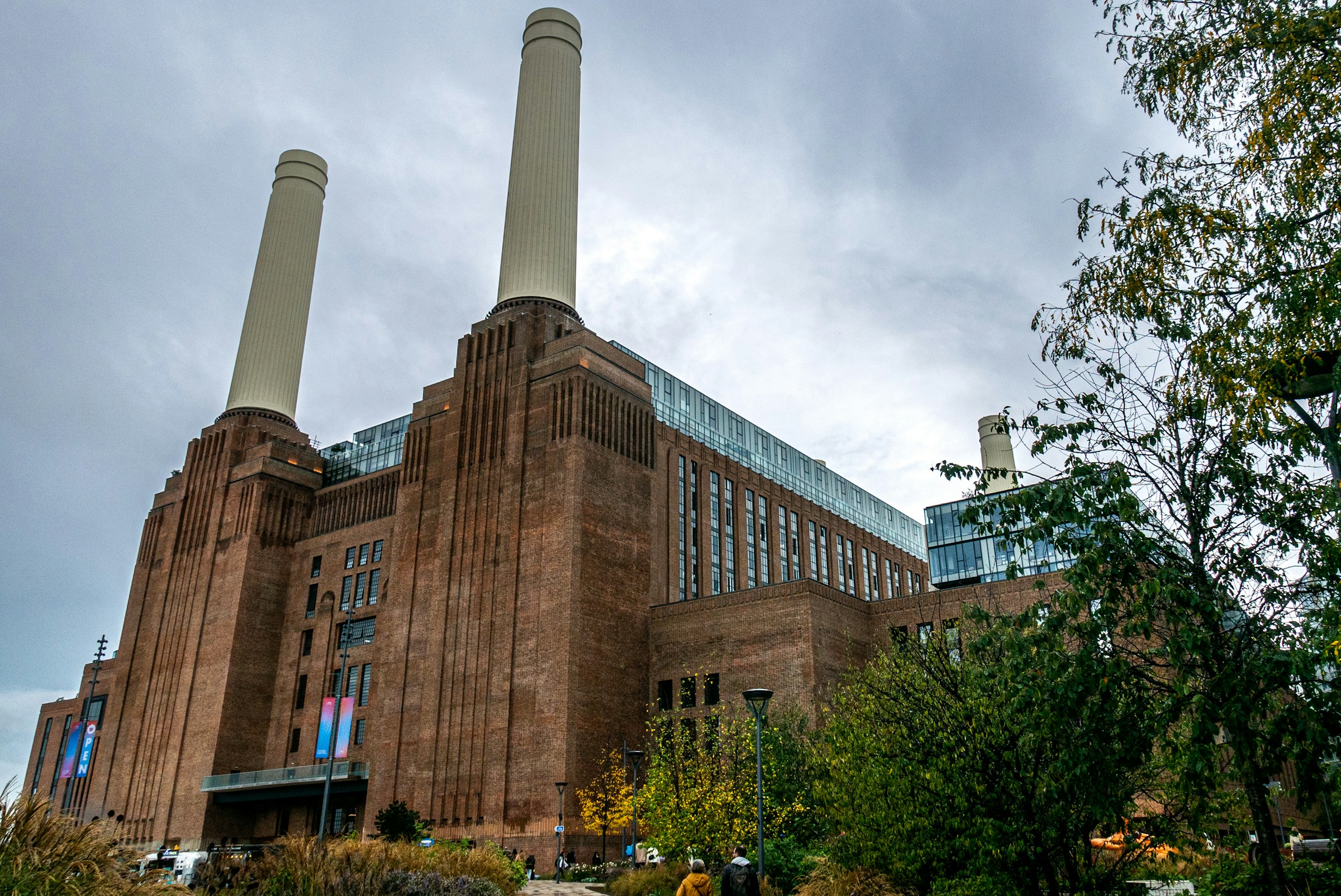Britain’s industrial heritage is woven into the fabric of the nation’s identity, and exploring these landscapes offers a unique window into the past. For tourists eager to delve into history, guided tours provide an enriching experience. These tours not only recount the tales of industrial giants but also highlight the monumental impact of the Industrial Revolution on modern civilization. Through knowledgeable guides, immersive experiences, and historical anecdotes, visitors can truly appreciate the transformation of Britain’s industrial landscapes.
The Legacy of the Industrial Revolution
The Industrial Revolution was a pivotal era in British history, spanning from the late 18th century to the mid-19th century. This period saw the transition from agrarian economies to industrial powerhouses, marked by the rise of factories, mechanized production, and significant technological advancements. As tourists, understanding this legacy is essential to appreciating the profound changes that shaped modern society.
Also to see : Discover the Most Captivating War of the Roses Historical Reenactments Across England
Guided tours of historical sites such as the Ironbridge Gorge in Shropshire, often referred to as the birthplace of the Industrial Revolution, offer a comprehensive overview. Here, visitors can explore the Iron Bridge itself, the world’s first iron bridge, and the surrounding museums that detail the innovation and ingenuity of the era. The Coalbrookdale Museum of Iron and the Blists Hill Victorian Town provide immersive experiences, allowing tourists to step back in time and witness the daily lives of those who lived through this transformative period.
Moreover, the tour guides, often dressed in period attire, bring history to life with captivating stories and detailed explanations. They highlight the significance of key inventions, such as the steam engine, and their impact on industries like textiles, mining, and transportation. Through these guided excursions, the magnitude of the Industrial Revolution’s legacy becomes palpable, offering tourists a profound insight into the roots of modern industrial society.
Have you seen this : Where can visitors find the most detailed workshops on traditional British embroidery techniques?
Unveiling Hidden Gems: Lesser-Known Industrial Sites
While sites like Ironbridge Gorge and the Manchester Museum of Science and Industry are well-known, Britain is dotted with lesser-known industrial sites that offer equally fascinating insights. Exploring these hidden gems through guided tours can provide a richer and more nuanced understanding of Britain’s industrial history.
One such site is the Derwent Valley Mills in Derbyshire, recognized as a UNESCO World Heritage Site. This area is home to some of the earliest examples of industrial-scale textile production, and a guided tour here reveals the pioneering work of Richard Arkwright and his revolutionary water frame. Visitors can walk along the picturesque valley, exploring the mill complexes and learning about the early factory systems that laid the groundwork for modern manufacturing.
Similarly, the Beamish Museum in County Durham offers a living history experience, with a recreated industrial town that transports visitors back to the 19th and early 20th centuries. Guided tours here include visits to a working mine, a traditional bakery, and a tramway, providing a hands-on understanding of industrial life. The knowledgeable guides share anecdotes and historical context, enriching the experience and making the past feel remarkably present.
Technological Marvels: The Evolution of Machinery and Innovation
At the heart of Britain’s industrial landscapes lies the story of technological innovation. Guided tours focusing on the evolution of machinery and technological advancements offer tourists a chance to marvel at the ingenuity that drove industrial progress. From the early mechanical looms to advanced steam engines, these tours highlight the inventiveness that characterized the Industrial Revolution.
The Science and Industry Museum in Manchester, for example, houses an extensive collection of machinery and exhibits detailing the evolution of technology. Guided tours here provide in-depth explanations of how these machines operated and their impact on various industries. Visitors can witness demonstrations of steam engines in action, gaining a tangible sense of the power and efficiency these innovations brought to manufacturing processes.
Additionally, the Black Country Living Museum in Dudley offers guided tours that delve into the technological marvels of the time. The museum’s extensive collection includes a range of working machinery, from chain-making forges to steam-powered cranes. The guides, often former industry workers, share firsthand knowledge and stories, offering a unique perspective on the technological advancements that transformed Britain’s industrial landscape.
The Human Aspect: Lives of Industrial Workers
Understanding the human aspect of the Industrial Revolution is crucial to fully appreciating its impact. Guided tours that focus on the lives of industrial workers offer a poignant and personal perspective on history. These tours highlight the challenges, hardships, and triumphs of the people who powered the industrial engines of Britain.
The Quarry Bank Mill in Cheshire is a prime example of such a site. A guided tour here includes a visit to the mill workers’ cottages, the apprentice house, and the mill itself. Tourists can learn about the daily lives of the workers, including the often harsh conditions they endured. The guides provide a detailed account of the social and economic realities of the time, bringing to light the human stories behind the industrial machinery.
Similarly, the Rhondda Heritage Park in South Wales offers guided tours of a former coal mine, providing an intimate look at the lives of miners. Visitors can descend into the depths of the mine, experiencing the claustrophobic conditions and gaining an understanding of the grueling labor involved. The guides, many of whom are former miners themselves, offer personal anecdotes and detailed historical context, making the experience both educational and deeply moving.
Preserving Industrial Heritage: The Role of Guided Tours
Preservation of industrial heritage sites is vital for future generations to understand and appreciate the history that shaped modern society. Guided tours play a crucial role in this preservation effort by raising awareness, educating the public, and generating support for ongoing conservation projects.
Organizations like the National Trust and English Heritage work tirelessly to maintain and restore industrial sites, and guided tours are a key part of their strategy. By offering immersive and informative tours, these organizations engage the public, fostering a deeper appreciation for industrial history. Tourists who participate in these tours often develop a sense of connection and responsibility toward preserving these sites.
Moreover, guided tours provide financial support for preservation efforts. Entrance fees and donations collected through tours contribute directly to the maintenance and restoration of historical sites. This financial support is essential for the ongoing work required to protect these invaluable pieces of history.
The role of tour guides in this process cannot be overstated. Their expertise, passion, and storytelling skills bring history to life, making it accessible and engaging for tourists. By highlighting the significance of preservation efforts, guides inspire visitors to become advocates for industrial heritage, ensuring that these important sites are safeguarded for future generations.
Exploring the history of British industrial landscapes through guided tours offers tourists an immersive and educational experience. From the groundbreaking innovations of the Industrial Revolution to the lives of the workers who powered these advancements, guided tours provide a comprehensive understanding of this transformative period. By visiting both well-known and lesser-known industrial sites, tourists can gain a deeper appreciation for Britain’s rich industrial heritage. Moreover, guided tours play a vital role in preserving these historical sites, ensuring that the legacy of industrial innovation and resilience is remembered and celebrated for generations to come. So, as you plan your visit to Britain, consider embarking on a guided tour to truly explore and appreciate the remarkable history of its industrial landscapes.














